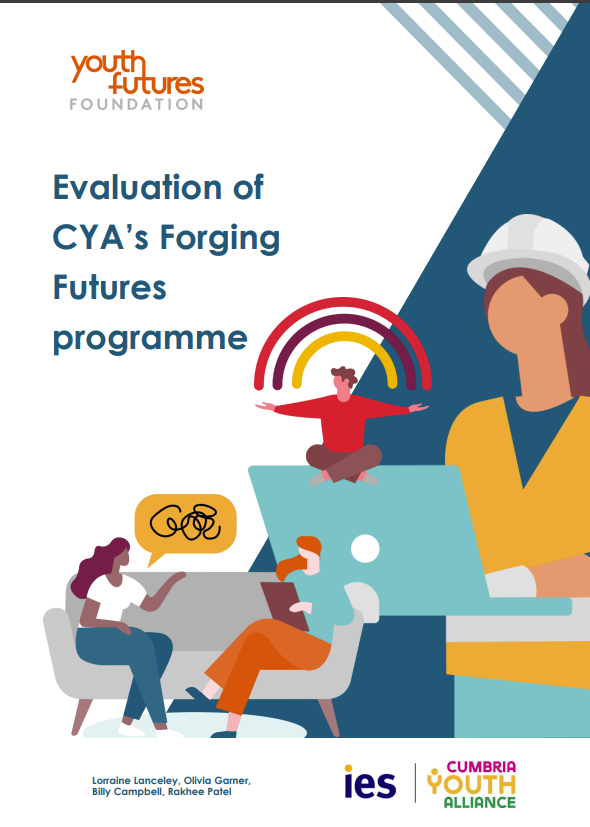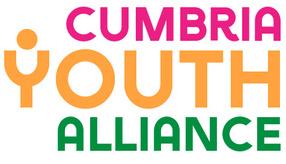Key insights
A theory of change was developed in discussion with staff, young people, link workers and partners.
It set out how the programme was intended to impact short term outcomes:
- personal development
- improved lifestyle choices and behaviours
- improved job-readiness
- increased skills, knowledge, and experience
These would, in turn, lead to intermediate employmnet, education and training outcomes and long term improvements in quality of life.
It identified key drivers or mechanism of change:
- ‘willingness to engage’
- ‘trusted and continuous link worker relationship’
- ‘tailored support’
Due to the small number of people sustaining employment outcomes, and the small numbers participating in optional activities such as group sessions, external support, work experience and volunteering, it was not possible to identify if specific activities or combinations of activities were critical drivers of sustained employment outcomes.
The most common support needs self-reported during initial assessment appointments were employability skills (75%), transport (47%), mental health (47%) and confidence (46%).
Nearly half (47%) of people on the programme moved into employment. This was typically part-time work (fewer than 24 contracted hours per week).
Feedback from young people on the programme was overall positive, particularly in relation to one-to-one support available from link workers.





